
There’s an element of being a fishing guide where you need to let go of what people think. At some point, naysayers are going to tell you that you can’t fish for a living, or that it’ll never work. You need to plant your feet, pick up your fly rod, and hold your ground.
For Susan Thrasher, founder of Southern Brookies, this confidence seems to come naturally. When she started fly fishing in her 30s, it would’ve been easy to think that she was behind the eight ball as a newcomer and a woman in a male-dominated industry. In our conversation, though, it seems like that’s not the way her brain works.
“I just had this real sense of confidence and peace that things were really going to work out,” Susan told us. “Around that time, more and more women were getting into fly fishing, but I wondered how many guys would want to learn from a woman? Would they rather have a guy to teach them?”
Susan’s success in the industry has surely answered those questions. She’s now in her fifth year of full-time guiding in Tennessee, living a much different life than where she started as a civil engineer. Beyond guiding, she runs a renowned fly-fishing school for anglers of all ages and owns a destination lodge on the Caney River.
We were lucky enough to talk with Susan about her journey into guiding, what it was like to start her own business, and the monster trout that make it all worthwhile.___
Moonshine: When did you start fly fishing?
Susan Thrasher: My dad is a retired pastor and he called me when I was living out in Virginia Beach and said one of the members from his church wanted to take us fly fishing. It was on the South Holston River, near Bristol. I had never tried it but it sounded like fun. My dad still reminds me, even today, and says, "You looked so awful, slapping the water and trying so hard. I felt so sorry for you.” [Laughs]
But, somehow I managed to catch a fish and when I got home that evening, my mother asked, "Did y'all have a good time?" I said, "Well, I really think today changed my life.” There was something about catching a small rainbow with all the movements of the fish, it was just really exciting. I wanted to learn every single thing there was to learn about it.
If I have interest in something I go all-in 100% and I'm obsessed with it. I just can't quit thinking about whatever the activity is, but I don't think I've ever done anything to the extreme as I did with fly fishing. Immediately after that weekend, and tried to read up as much as I could.

What do you think drew you into the sport?
I liked all the intricate details of having a leader, tippet, a fly, but just knowing you had to have the correct fly selection. There was something very strategic and thoughtful about fly fishing that really intrigued me. Maybe it was my engineering brain. Also, just standing in the water and feeling it, the sounds, the coolness of the water, I really like that part of it.
Mostly, it was the connection with the fish. More so than on conventional tackle, I felt that I really had a connection when I hooked that fish. I felt every little movement and wiggle of the fish when it was on and I was playing it.
How old were you then?
Oh, let's see. I was probably 38, so that was about 20 years ago.
Did you immediately get interested in guiding?
I was working at the time as a civil engineer and had a project out in Salt Lake City. I found this guy named Jim Smith on the Little Provo River who took an interest in me, wanted to show me around a little bit, and give me some tips. I really credit him with a lot of the early learning that I did. He recommended that I go out to the guiding school. I went through Reel Women in Victor, Idaho, and also went through the Wulff School. It was everything I was hoping it would be so I just kept on down that road. That's how I got my start in instruction and in the guiding world.

So when did you take the full-time plunge?
After I went through the Wulff School, I went through their instructor school. Then, I got my FFI testing certification because I wanted to have the credentials under my belt. In Tennessee at that point, you didn't need a license to guide. Anybody could have just said, "I'm going to be a fly fishing guide." I wanted to have the actual credentials.
I started the business in 2004 without quitting my job. I just did it on the weekends. The more I started doing that, the more I was thinking, "Boy, I'd love to do this full time.” At the time, I didn't see any way. I was still in my forties and just didn't see any way I could just actually quit and do that full time.
But the more the business grew, I thought I would just try and find some property and build a place on the river where people could come as a destination. I found some property and I built a little cabin and a casting pond and a boat ramp and I started advertising. I was busier than I could handle with having a full time job and so about five years ago, I took a deep breath and just decided, "Okay, I'm going to quit and see if I can make this work full time."
I haven't looked back. I teach a lot of schools. They're patterned after the Wulff school with full-day classes. I do private instruction, and then along with some guiding that I do year-round.
Was there some uncertainty going into it?
I definitely had some late night and early morning prayers about it. But, I just had this real sense of confidence and peace that things were really going to work out. Around that time, more and more women were getting into fly fishing, but I wondered how many guys would want to learn from a woman? Would they rather have a guy to teach them?
There was this one fellow who said, "Honestly, I think I would rather look stupid in front of a woman than I would a man." I was like, "Okay. Whatever. If it works, it works." [laughs] But, when I started I would say 90 percent of the people I would teach and guide were men. Now I can see that it's about 50/50.
Wow, that's awesome.
There are a lot more women who are getting into it. Guys will say, "I really want my wife to get into it, but I don't think I could be the one to teach her. I don't think she would listen to me." I get a lot of that, where the guys are sending their wives and kids, doing it as a family activity.
Did being a woman in a male-dominated industry affect anything for you as a guide?
I think if anything, it was a help. Let's say that there's a dozen or so guides who are out on the river and you're the only female guiding, well, you're going to stick out. Your name is probably going to stick with more people than one of the other 14, so in some ways it was a help in that I was more easily recognized. I don't know how unique it is anymore around the country, but for some people it seems a little bit novel so I found that it was more of a help than a hindrance.
Plus, with a last name like Thrasher, you really stand out.
Right? The next rods you need to make with a very small grip and also name it The Thrasher. I think it would be a really great rod name.
You’re definitely onto something. What rivers do you mainly guide?
My main river is the Caney Fork River which is a tailwater below Center Hill Dam. It runs into the Cumberland River, which eventually runs through downtown Nashville. It's a stocked river with rainbows, brookies, and brown trout. There's not any natural reproduction, just because of how much they generate, but there are quite a few holdovers. Getting into the 20 to 30 inch brown trout range isn't unusual, which is really nice. There are some really good fish in the water.
I also fish and guide on the Elk River, which is another tailwater just a little outside of Nashville which is where the Jack Daniels distillery is located, in Lynchburg, Tennessee. I guide on those two, and then also on a couple of smaller spring creeks. I have some property on a spring creek with some wild rainbows that naturally reproduce. That’s where I teach more and guide more using euro nymphing techniques.
So, about those 20- to 30-inch browns...How are you getting on those?
It depends on the time of the year. In the winter the water tends to be higher and we throw sinking lines with big streamers like shad patterns. Deep in the summer, there's some top water action with pretty big terrestrials. We don't really have a lot of hopper action, but you'll hear cicadas up in the trees and sometimes they really are attracted to those big terrestrials right along the banks. Mostly we’re fishing in deep cuts.
Any memorable catches recently?
There was one this year, actually. It was a little bit later in the summer and the fishing wasn't as good just because the water temperatures had started to warm up. This fellow brought his son named Max, who was 10 years old. They were only going to go for a half day float trip and he was so excited. But, I told his dad, "You know, I'm a little concerned just about the day. It’s been slow." His dad said, "You know, it doesn't really matter. He really wanted to learn to fly fish." It was his birthday and he said it was really just about the experience.
Max was up in the front in the boat, his dad was in the back, and as we started floating, the dad hooked two smaller brown trout and the kid was so nice. He was like, "Oh Dad, that's so great. I'm glad you caught your fish." I mean, a very unusual kid. He was so sweet.
A couple kayakers paddled up to us and said, "There's a huge rainbow down in the next pool, but it wasn't taking anything we were throwing to him.” So, we decided to give it a shot. He had on a strike indicator and two nymphs and he did a little roll cast right over to that spot and as soon as his indicator and flies landed and got down, his indicator went under and he had that big rainbow on the line.
By the end of the fight, he played it just right. We got it in the net and it was a beautiful 20-inch rainbow. Of all the memories of this summer, that's probably my best one because the expectations were low, and I was nervous. I wanted to give him a really good time. It turns out he took what was left of his birthday money, and bought some gear right after the trip.

A big thanks to Susan for sharing her story and experiences. To learn more about fishing in Tennessee, book guided trips, schedule lessons, and more, go to southernbrookies.com.

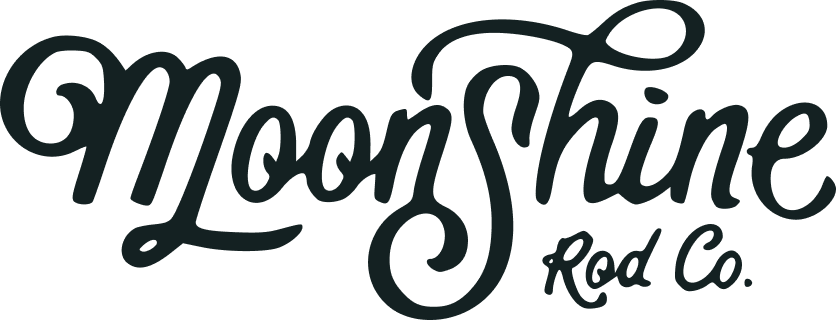
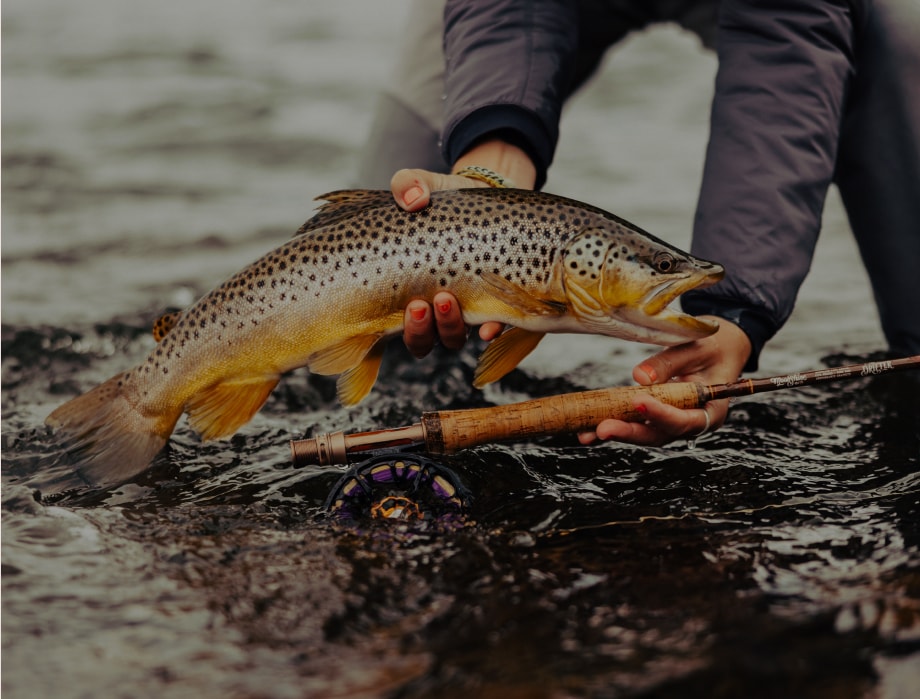
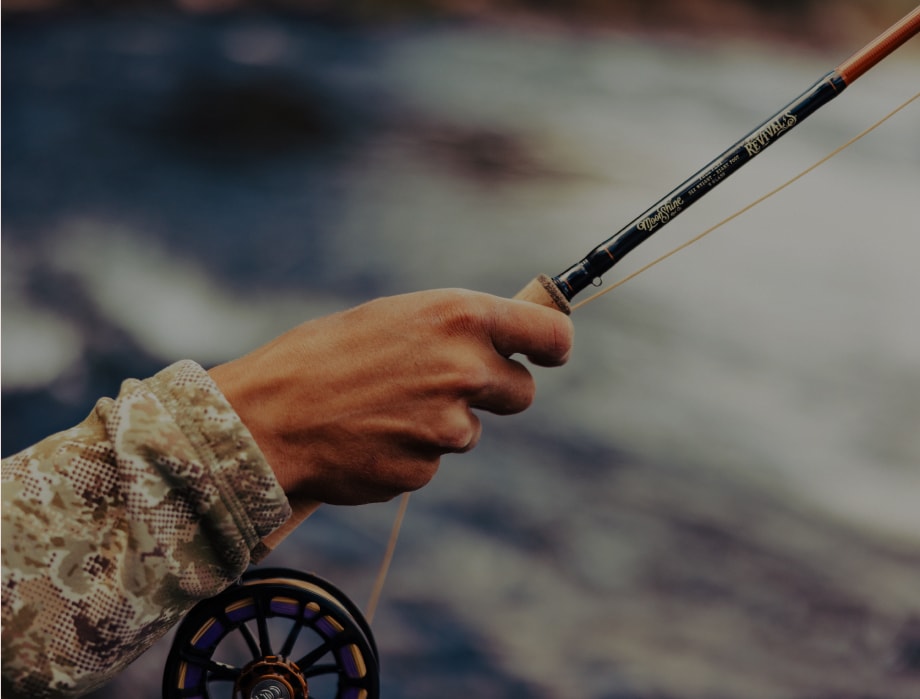
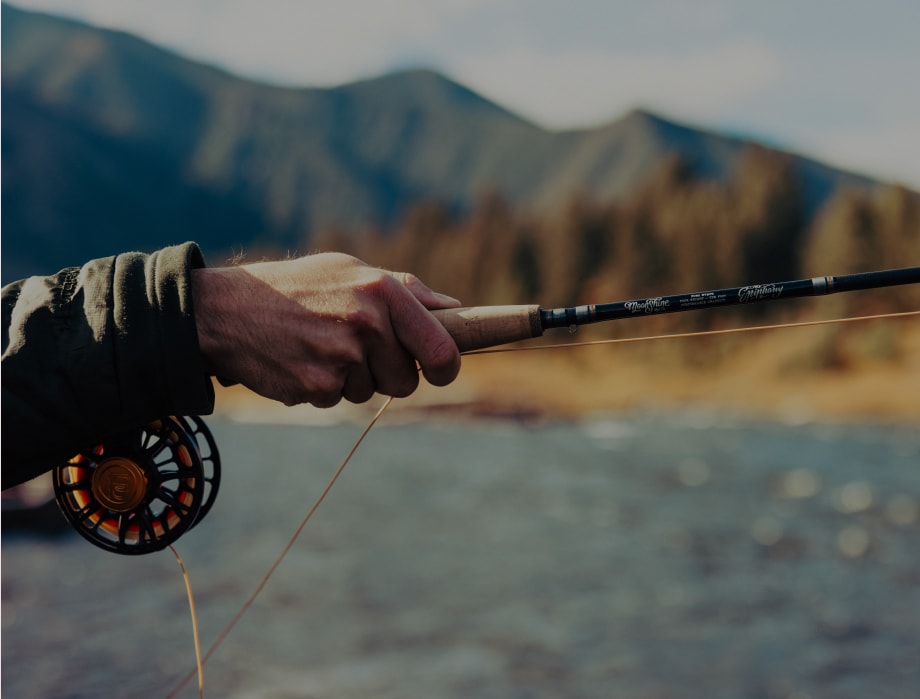
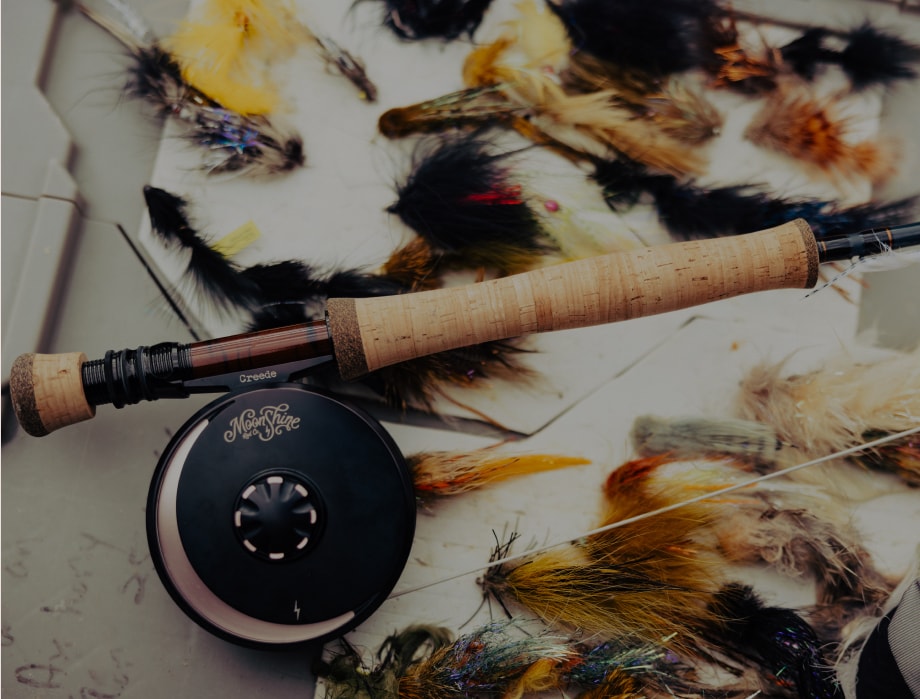
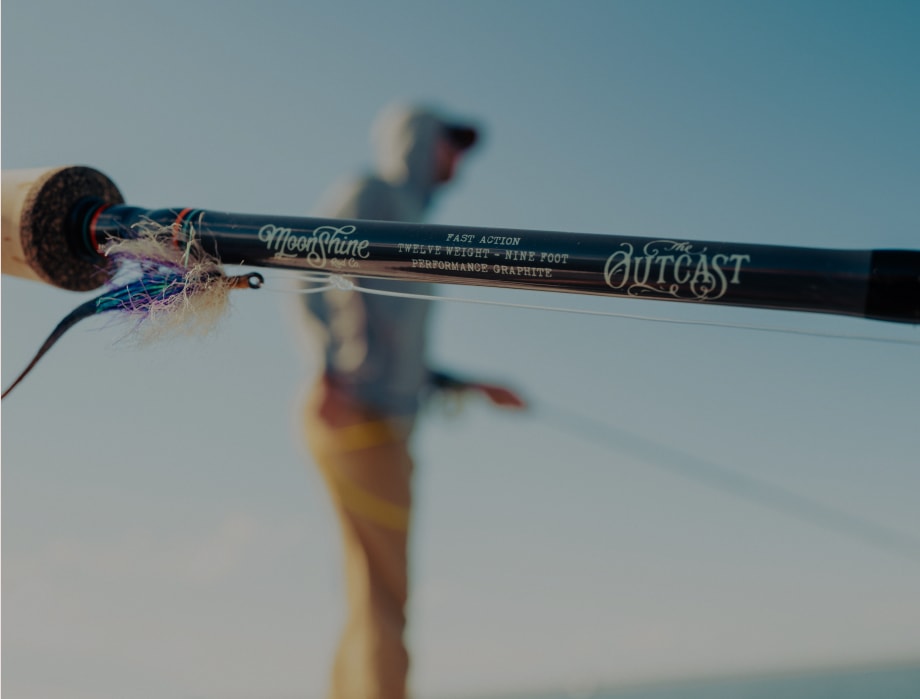
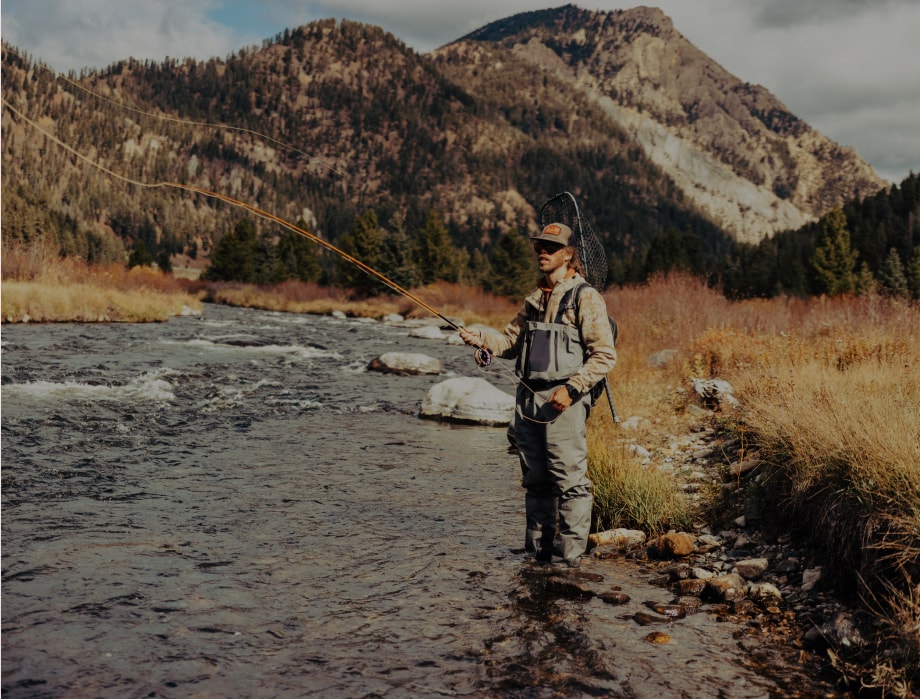
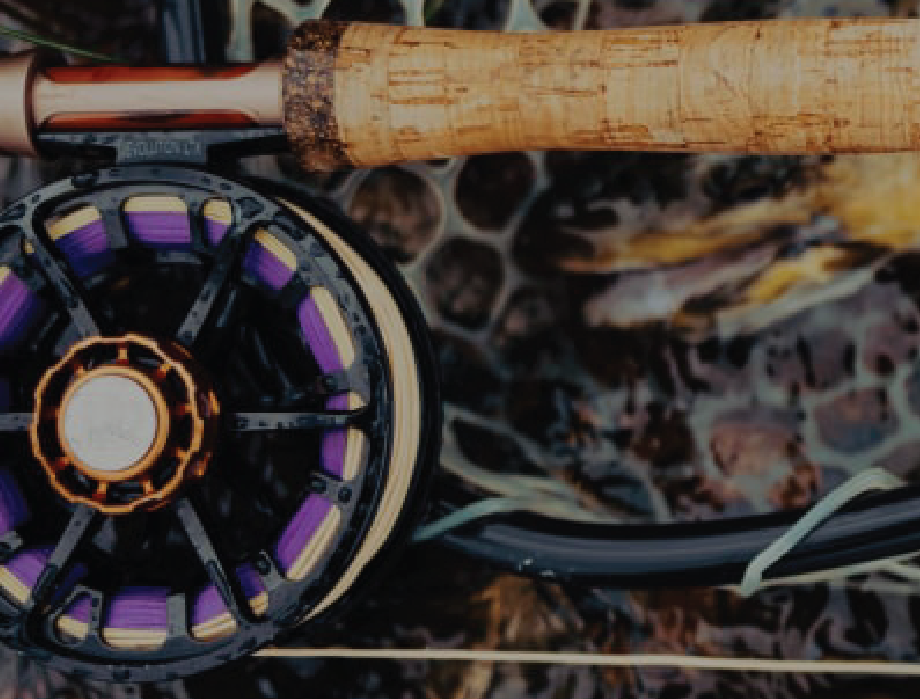
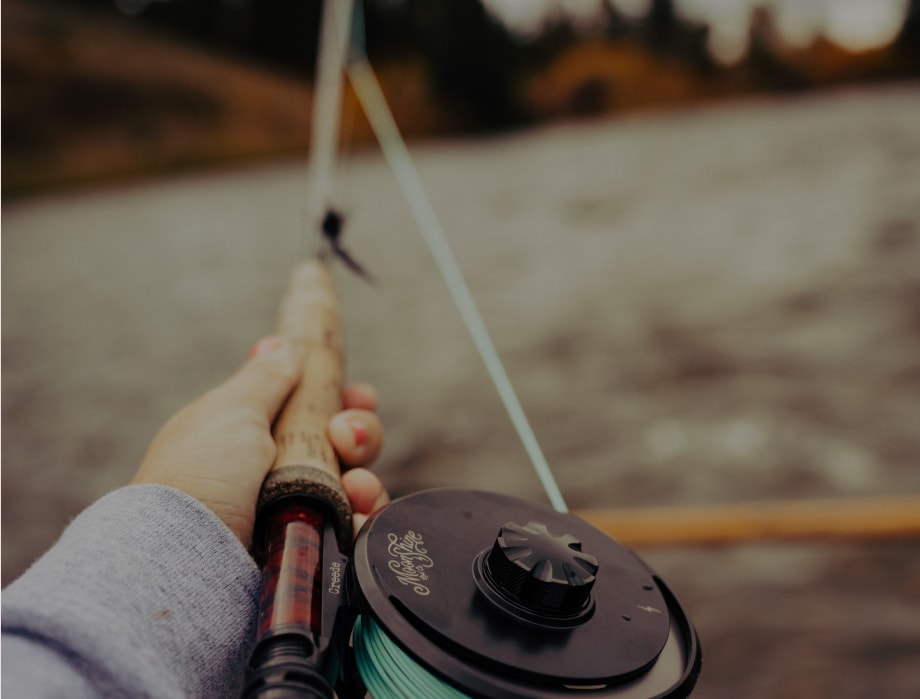
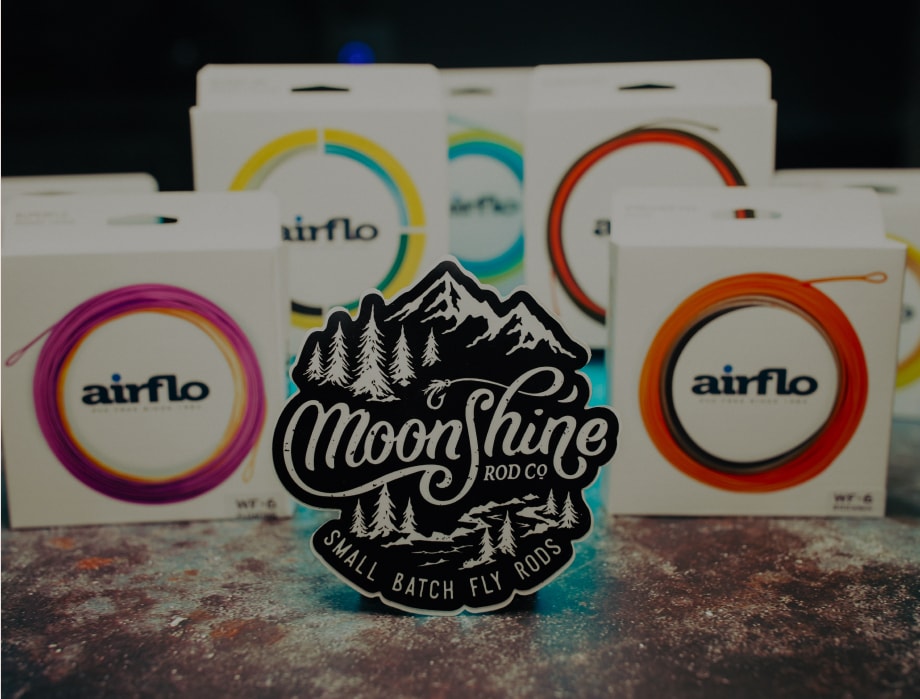
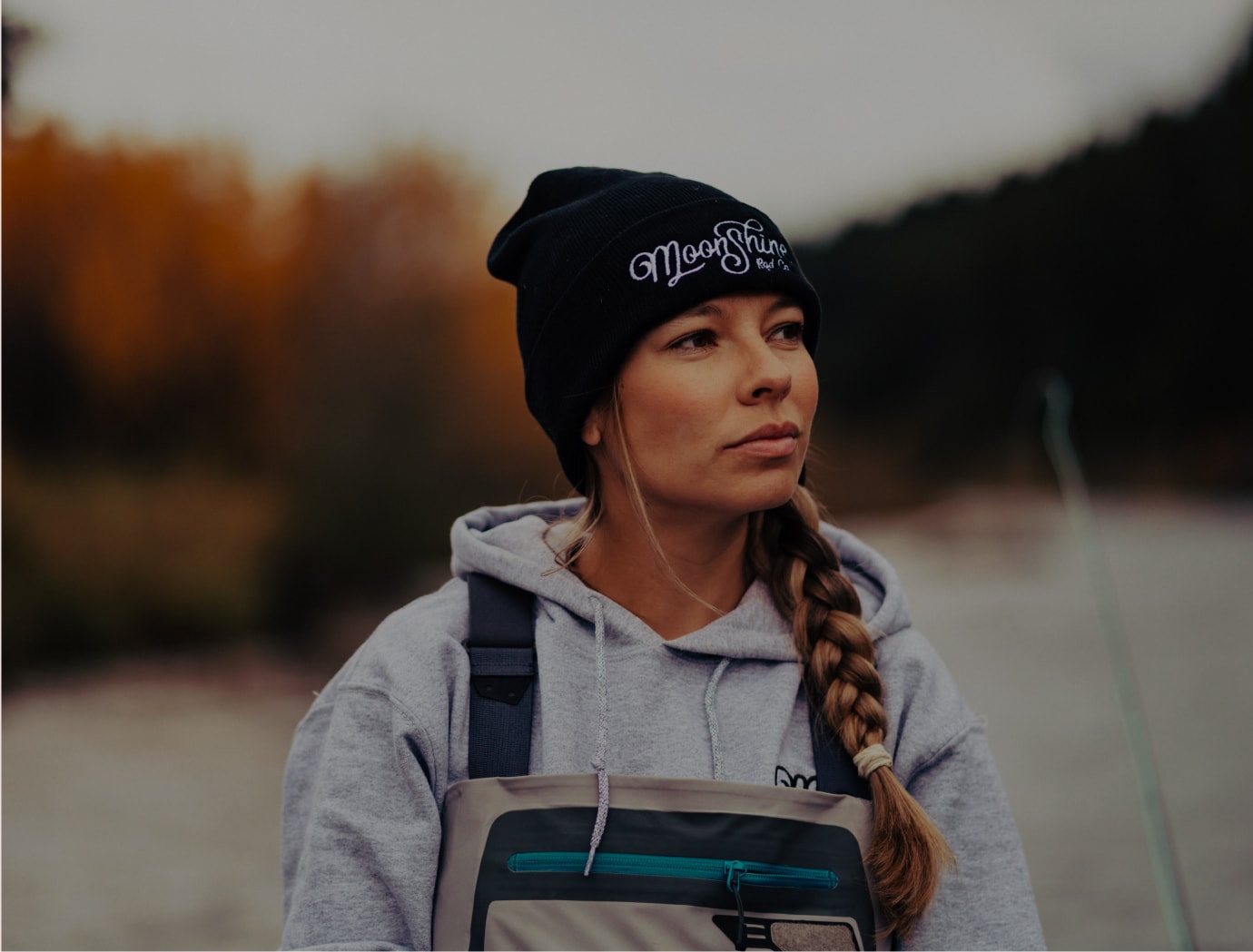
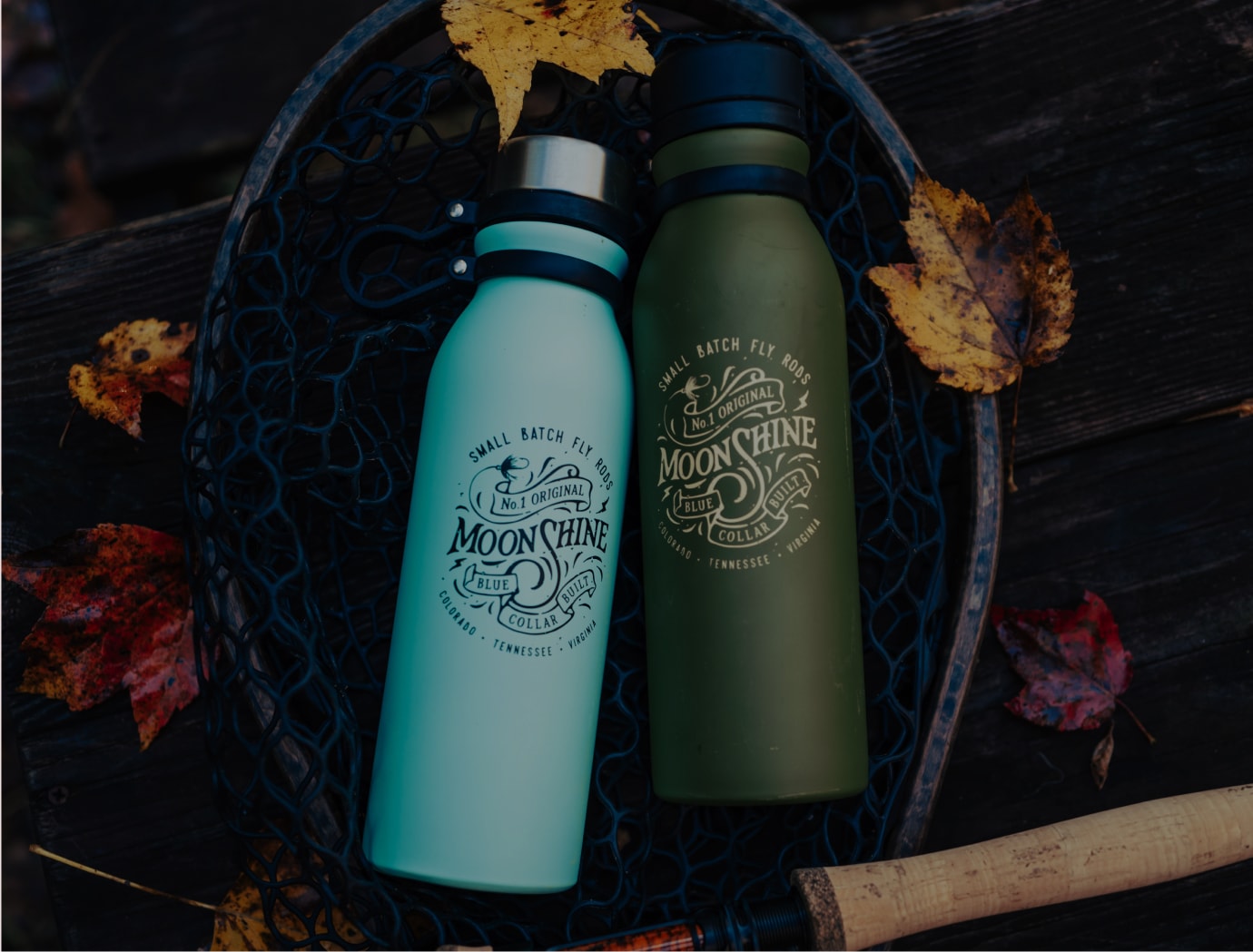

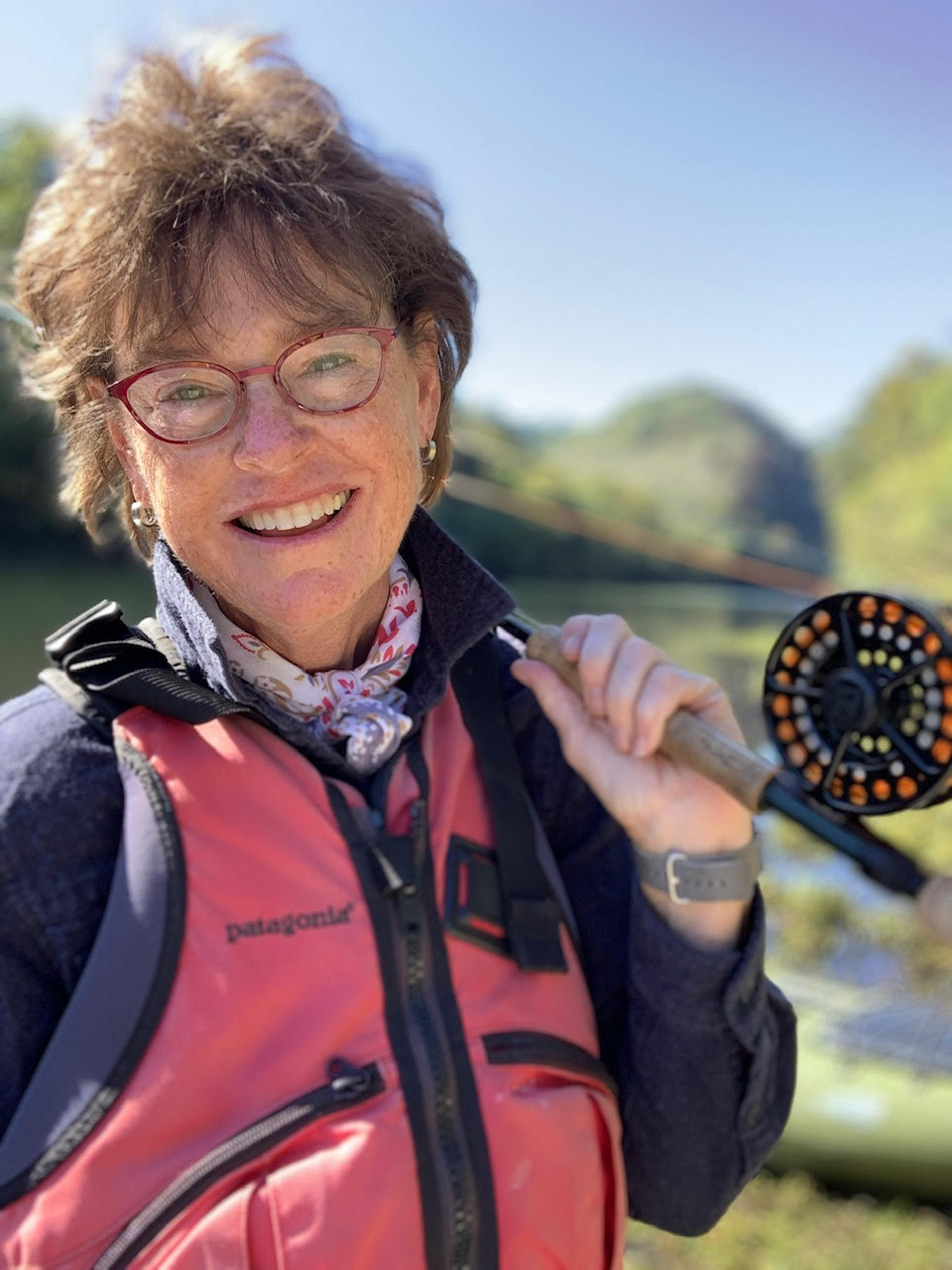
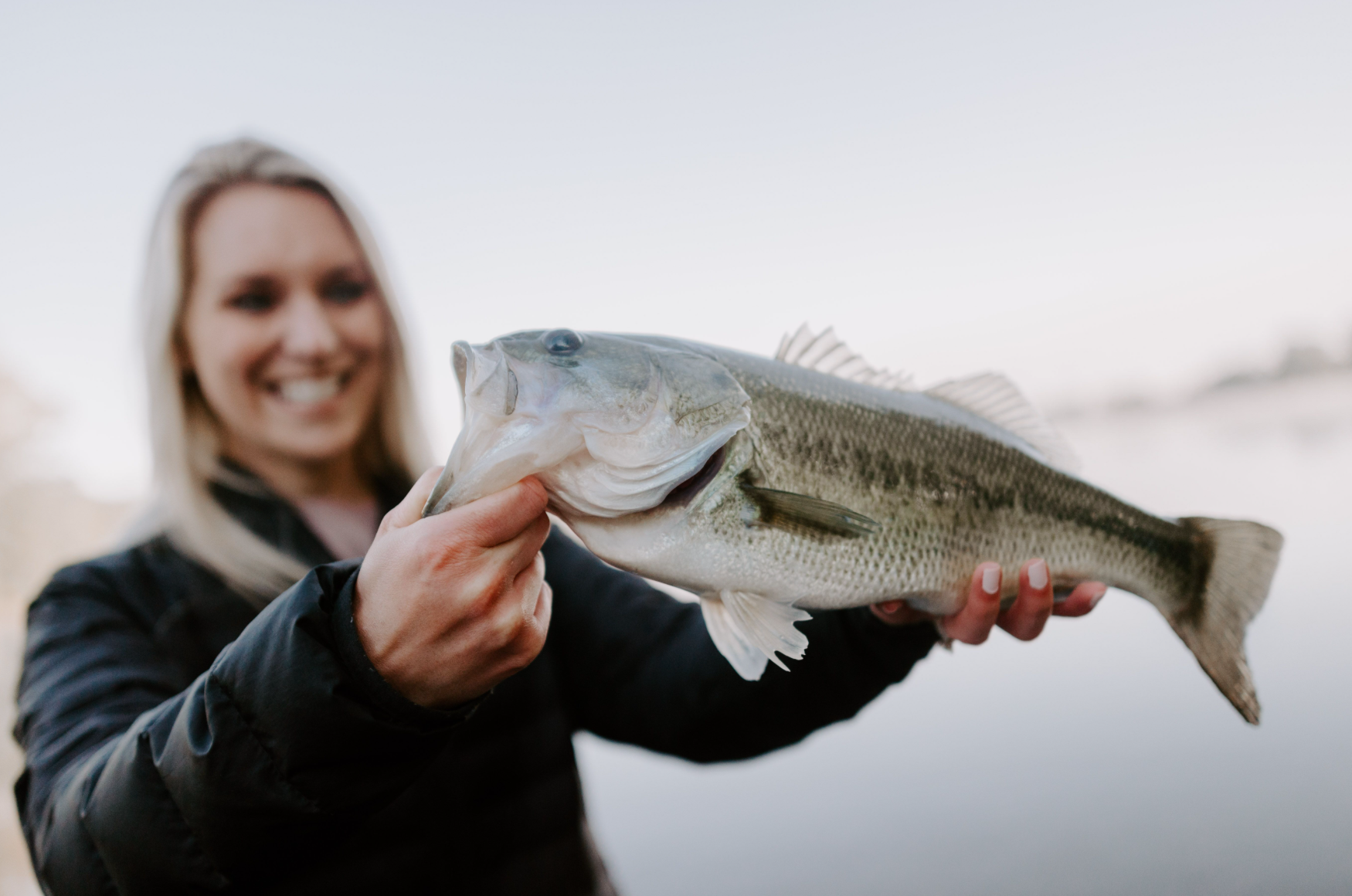
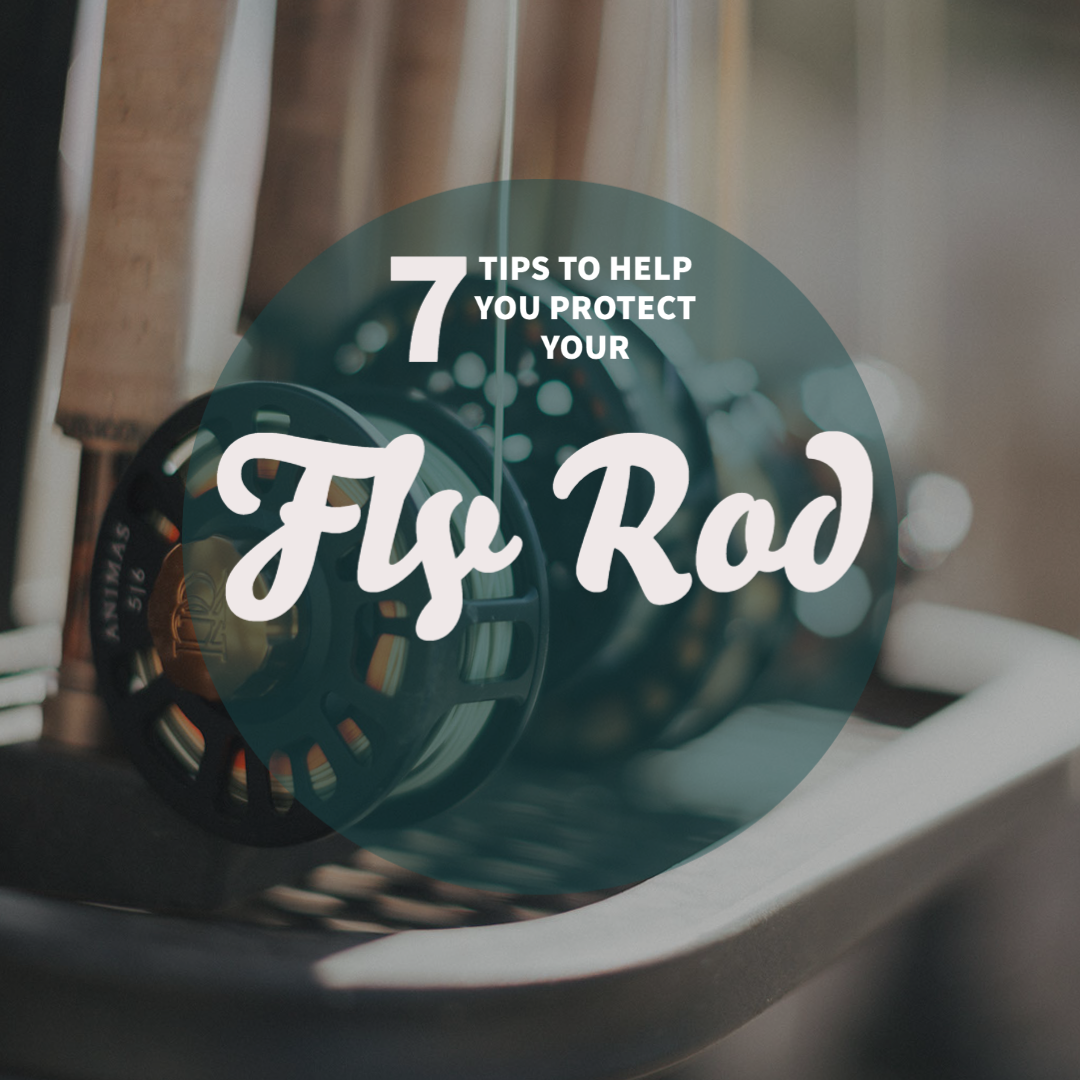
Leave a comment
All comments are moderated before being published.
This site is protected by reCAPTCHA and the Google Privacy Policy and Terms of Service apply.